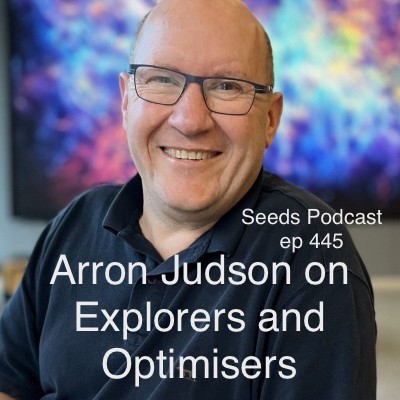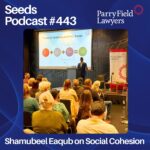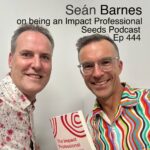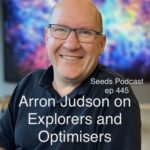I saw a LinkedIn post from Arron Judson on the topic of different people having different skill sets and the framing of ‘Explorers’ and ‘Optimisers’. This is the short conversation we had where he explained more on this.
To find out more the site for Eidotic which is here (but check back later as being built still): Coming Soon EIDOTIC
This is the LinkedIn post here that sparked this conversation.
I wasn’t the wrong person. I was just in the wrong costume
I look at this photo from when I held a senior executive role and realise now I was wearing a costume.
Back then, joining the leadership team felt like the summit. It was the next step in my career, a position of influence, where I thought I could drive change.
But here’s what I discovered: executive teams are often structured to reduce risk, enforce process, and deliver stability.
Meanwhile, my brain was wired for the opposite, to spot opportunities, challenge assumptions, and build unconventional relationships.
At first, my approach was welcomed, the “fresh thinking” honeymoon phase. But soon enough, the instinct to control the chaos kicked in. And we didn’t know how to talk about it.
The result? I got shut down. Like the disruptive kid being sent out of the classroom.
They thought I was moving too fast.
I thought they were slowing everything down.
They were wired to protect the business.
I was wired to reimagine it.
Even though I’d followed the “successful” path, I felt disconnected. Frustrated. Alone.
Then I met Brooke and Andy, and they introduced me to the Theory of Complementary Cognition – a framework that changed everything.
The core idea is simple: humans are wired as either Explorers (curious, creative, future-oriented) or Optimisers (structured, process-driven, risk-aware). And to truly make progress, we don’t need everyone to be the same, we need to complement each other.
I realised I’d spent most of my career as an Explorer in an Optimiser costume, performing well enough to pass, but never really thriving.
Suddenly, my entire career made sense, especially why I’ve always been drawn to the chaos and opportunity of early stage startups.
I looked back at the ventures I’d built and I could see where we’d succeeded, and where we’d stalled. The missing link? The people. Or more specifically the alignment of people to the right phase of the venture.
That’s what led to the creation of Eidotic – a framework for understanding how people naturally think, and how to align that thinking with the needs of a growing business.
We believe 90% of startups don’t have to fail.
But if we keep mismatching people and timing, they will.
Since launching Eidotic, I’ve had so many conversations with people who say, “I thought it was just me.”
You’re not alone, you might just be in the wrong costume.
